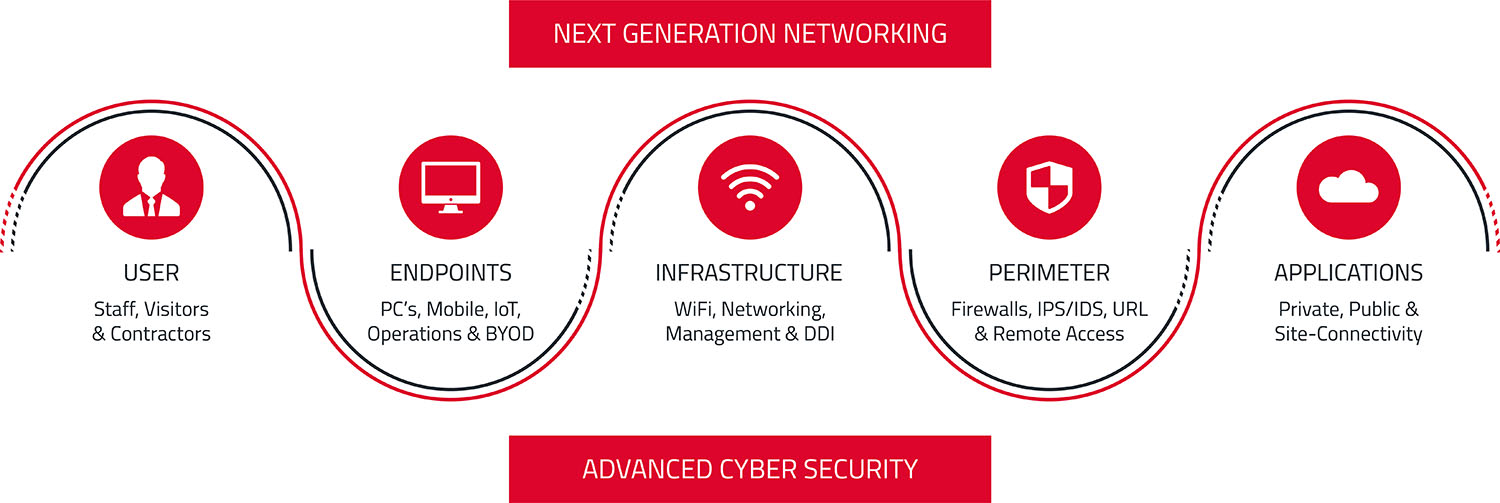
Financial advisors help clients manage their finances. They can help people save for retirement, or plan for their children's college education. They can also help people reduce their debt and consolidate it. People will have less money for spending and more money for retirement. An advisor in financial planning can help individuals create and manage a budget to reach specific goals.
Questionnaire for financial advisors that includes investing components
The questionnaire is used by financial advisors to ask clients about their risk tolerance and investment preferences. These questions provide an overview of a client’s financial situation. These questions include asking about the client's retirement plans and how long they plan to work. They also ask about any pensions or long-term financial obligations they have. The questionnaire's investment component can be subjective but it allows the advisor to decide the right asset allocation.
When recommending investment options for clients, financial advisors should act in the client's best interest. The questionnaire must be used to help clients determine the best investment options that meet their needs and tolerance for risk. Incorrect answers can lead to portfolios that are too risky and/or too low for the investor's capabilities. This can lead to lower returns for clients who have higher risk tolerances.
Asset allocation
The role of a financial advisor is to help individuals find the right balance of assets. This is achieved through recommending an asset distribution that suits your risk tolerance. Investing involves risk. It is essential to develop a strategy for managing that risk. A financial advisor is able to help you select the most appropriate asset allocation according to your time horizon as well as your risk tolerance.

There is no set rule for asset allocation, and each advisor has a different approach. However, there are some key concepts that are crucial to understand and apply. One example is that clients with a longer-term time horizon may have an increased risk tolerance and require more stocks or bonds in their retirement funds.
Planning your taxes
Financial advisors can maximize tax savings by helping you invest. Advisors can help you make informed investment decisions and provide advice about investments. Tax planning is an integral part of financial advising. It can help you save thousands annually. Tax planning software can be used by financial planners to better serve clients.
Financial advisors with tax experience are more likely to find ways to reduce your taxes. They are also likely to focus on maximizing your assets rather than minimizing them. A compensation model may be offered that encourages growth for their clients.
Communication with a financial advisor
Communication is the first step in building a relationship. It is important to communicate clearly with your advisor. Your financial advisor should know what your financial goals are so that he or she can help develop strategies to meet them. In addition, you need to listen to the advisor when he or she is explaining something to you.
Using social media is also a great way to communicate with your advisor. According to a recent survey, more than half of investors who invest at least $25 million use Facebook as a means of communicating with their financial advisor. Another 35 per cent use Twitter to communicate with their advisor.

Being paid as a financial adviser
You will need to decide how you are going to be paid when you become a financial advisor. A percentage may be offered as a bonus or commission, while others might offer a flat fee. In each case, the type and amount of compensation you receive will impact how much you are able to make.
Some financial advisors make their money by selling products and commissions. Some advisors charge an hourly fee to meet with clients, while others charge a retainer fee each month for services that they provide. Do not hesitate to ask your advisor which option they prefer.
FAQ
What industries employ consultants?
There are many types and styles of consultants. Some focus on one particular type of business while others specialize in more than one area.
Some consultants are limited to working for private corporations, while others can represent large corporations.
And some consultants work internationally, helping companies all over the world.
Who hires consultants
Many organizations hire consultants to assist with projects. These include small businesses, large corporations, government agencies, non-profits, education institutions, and universities.
Some consultants work directly for these organisations, while others freelance. In either case, the hiring process varies depending on the size and complexity of the project.
Before you can hire a consultant, there will be several rounds of interviews.
Why should consultants be hired?
There are many reasons you might need to hire a consultant.
-
A specific project or problem may be a challenge for your company.
-
You are looking to learn new skills or improve your existing skills
-
You want to work closely with experts in a certain field
-
No one else is available to take on the task.
-
You feel overwhelmed by all the information and don’t know where to begin.
-
It's impossible to afford to hire someone full-time.
Referrals are the best way for you to find a qualified consultant. Ask around to see if you know any good consultants. Ask someone you know who is a consultant for his/her recommendations.
If you choose to use online directories such LinkedIn, make sure to use the "Search People” function to locate consultants in your area.
Statistics
- On average, your program increases the sales team's performance by 33%. (consultingsuccess.com)
- 67% of consultants start their consulting businesses after quitting their jobs, while 33% start while they're still at their jobs. (consultingsuccess.com)
- My 10 years of experience and 6-step program have helped over 20 clients boost their sales by an average of 33% in 6 months. (consultingsuccess.com)
- WHY choose me: Why your ideal client should choose you (ex: 10 years of experience and 6-week program has helped over 20 clients boost their sales by an average of 33% in 6 months). (consultingsuccess.com)
- Over 62% of consultants were dissatisfied with their former jobs before starting their consulting business. (consultingsuccess.com)
External Links
How To
How do I start a consultancy company?
Starting a Consulting Company is a great way to make money online from home. It doesn't require any prior business experience nor capital. To start your own consulting business, you can build a site. To promote your services, you will need to create a website.
You can use these tools to put together a plan for marketing that includes:
-
Writing content (blogs).
-
Building relationships (contacts)
-
Generating leads (lead generation forms).
-
Selling products via ecommerce websites
Once your marketing strategy is developed, you need to find clients willing and able to pay for your services. While some people prefer to attend networking events and groups, others prefer online methods like Craigslist, Wikijiji, or Kijiji. It's up to you to make the decision.
Once you have found clients, you should discuss terms and payment options. You can discuss hourly rates, retainer agreements, flat fees, and other options. You need to be clear about what you expect of a client before they accept you as a client.
An hourly contract is the most popular type of contract for consulting services. You agree to offer certain services at a fixed fee each month or every week. You may be able negotiate discounts depending on what service you offer. You must fully understand the contract you're signing before you agree to it.
Next, you will need to create invoices that you can send to your clients. Invoicing can seem simple until you try it. You have many options to invoice your clients. For instance, some prefer their invoices to be emailed directly to clients while others prefer hard copies to be mailed. No matter what you do, make sure it works!
Once you have completed creating invoices you will want to collect payment. PayPal is preferred by most people because it is simple to use and offers many payment options. You can also use Square Cash, Square Cash (Google Wallet), Square Cash, Square Cash, Apple Pay and Venmo as payment processors.
Once you're ready to begin collecting payments, you'll want to set up bank accounts. Separate savings and checking accounts will allow you to track your income and expenses independently. Setting up automatic transfers into your bank account is also helpful when paying bills.
It may seem overwhelming to start a consultancy, but once it is done correctly, it becomes second-nature. Our blog post contains more information on how to start a consulting business.
A consulting business is a great way of making extra money without worrying about your employees. Remote consultants don't need to be tied down by office politics or work long hours. Being able to work remotely allows you more freedom than traditional employees.